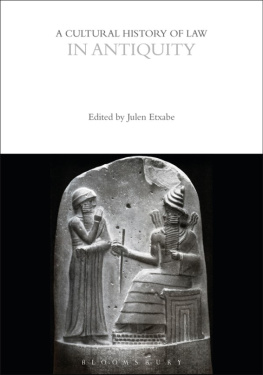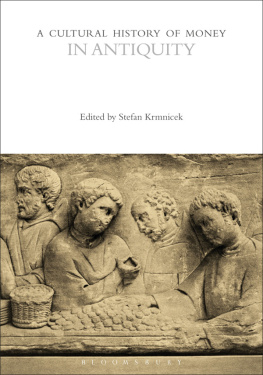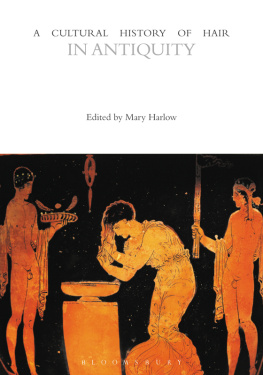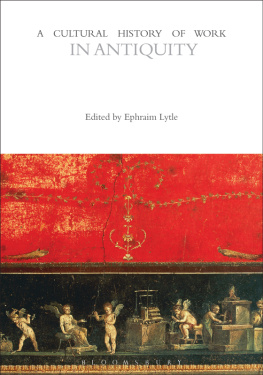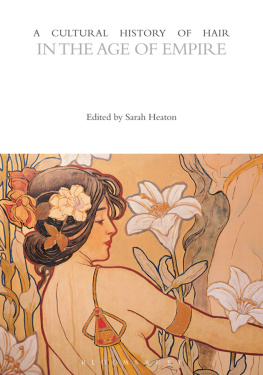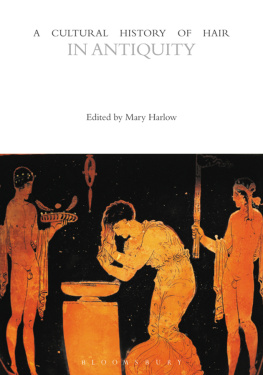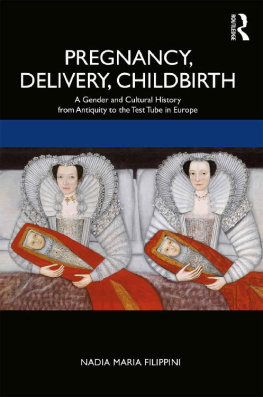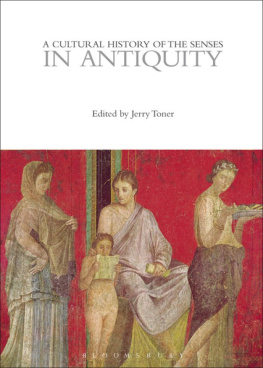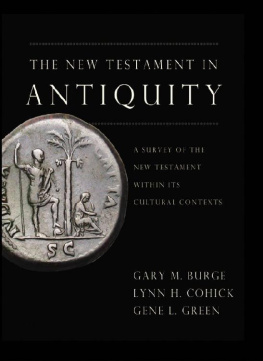Julen Etxabe - A Cultural History of Law in Antiquity
Here you can read online Julen Etxabe - A Cultural History of Law in Antiquity full text of the book (entire story) in english for free. Download pdf and epub, get meaning, cover and reviews about this ebook. publisher: Bloomsbury UK, genre: Romance novel. Description of the work, (preface) as well as reviews are available. Best literature library LitArk.com created for fans of good reading and offers a wide selection of genres:
Romance novel
Science fiction
Adventure
Detective
Science
History
Home and family
Prose
Art
Politics
Computer
Non-fiction
Religion
Business
Children
Humor
Choose a favorite category and find really read worthwhile books. Enjoy immersion in the world of imagination, feel the emotions of the characters or learn something new for yourself, make an fascinating discovery.
- Book:A Cultural History of Law in Antiquity
- Author:
- Publisher:Bloomsbury UK
- Genre:
- Rating:5 / 5
- Favourites:Add to favourites
- Your mark:
- 100
- 1
- 2
- 3
- 4
- 5
A Cultural History of Law in Antiquity: summary, description and annotation
We offer to read an annotation, description, summary or preface (depends on what the author of the book "A Cultural History of Law in Antiquity" wrote himself). If you haven't found the necessary information about the book — write in the comments, we will try to find it.
A Cultural History of Law in Antiquity — read online for free the complete book (whole text) full work
Below is the text of the book, divided by pages. System saving the place of the last page read, allows you to conveniently read the book "A Cultural History of Law in Antiquity" online for free, without having to search again every time where you left off. Put a bookmark, and you can go to the page where you finished reading at any time.
Font size:
Interval:
Bookmark:
A CULTURAL HISTORY
OF LAW
VOLUME 1
A Cultural History of Law
General Editor: Gary Watt
Volume 1
A Cultural History of Law in Antiquity
Edited by Julen Etxabe
Volume 2
A Cultural History of Law in the Middle Ages
Edited by Emanuele Conte and Laurent Mayali
Volume 3
A Cultural History of Law in the Early Modern Age
Edited by Peter Goodrich
Volume 4
A Cultural History of Law in the Age of Enlightenment
Edited by Rebecca Probert and John Snape
Volume 5
A Cultural History of Law in the Age of Reform
Edited by Ian Ward
Volume 6
A Cultural History of Law in the Modern Age
Edited by Richard K. Sherwin and Danielle Celermajer
A CULTURAL HISTORY
OF LAW

IN ANTIQUITY
Edited by Julen Etxabe

INTRODUCTION
JUSTICE
CONSTITUTION
CODES
AGREEMENTS
ARGUMENTS
PROPERTY AND POSSESSION
WRONGS
LEGAL PROFESSION
Julen Etxabe is docent in legal theory from the University of Helsinki. He teaches and writes in the areas of legal and political theory, law and humanities, and comparative human rights. He published The Experience of Tragic Judgment (2013) and co-edited several other books, most recently Rancire and Law (2018). He was also co-editor in chief of No-Foundations: An Interdisciplinary Journal of Law and Justice from 2012 to 2017.
Roberto Fiori is Professor of Roman Law at the University of Rome Tor Vergata. His research interests range from archaic Roman law to classical contract law, civil and criminal procedure, the law of persons, the relationship between Roman law and Greek philosophy, and the legacy of Roman law to the modern systems of civil and common law. His most recent book is Bonus vir. Politica filosofia retorica e diritto nel de officiis di Cicerone (2011).
Jill Frank is Professor of Government at Cornell University. Author of A Democracy of Distinction: Aristotle and the Work of Politics (2005) and Poetic Justice: Rereading Platos Republic (2018), and founding director of the Classics in Contemporary Perspectives Initiative at the University of South Carolina, Columbia (20082014), she writes about power, human nature, desire, lying, poetry, friendship, property, persuasion, and law.
Jacob Giltaij wrote his dissertation on the problem of human rights in Roman law. (Mensenrechten in het Romeinse recht (Nijmegen: Wolff, 2011)). Since then, he has published on political theory, philosophy, and law in ancient Rome. He is a university researcher at the Academy of Finland Centre of Excellence in Law, Identity and the European Narratives (EUROSTORIE), at the Faculty of Social Sciences of the University of Helsinki.
David Mirhady is Professor of Humanities at Simon Fraser University, Vancouver. He has published on ancient Greek law and rhetorical theory, and on the school of Aristotle.
Paul J. du Plessis is Professor of Roman law at the School of Law, the University of Edinburgh. His main field of research is Roman law (with specific reference to property, obligations and, to a lesser extent, persons and family). In the context of his interest in law and society, his research also focuses on a further period where Roman legal principles were used to create law, namely the period of the European iuscommune in the late Middle Ages. Here, his research explores themes such as structure, doctrine and legitimacy with a view to challenging the accepted macro-narratives of European legal history.
Kathryn Slanski is an Assyriologist who studied at Johns Hopkins, Munich, and Harvard. She is Senior Lecturer in Humanities and in Near Eastern Languages and Civilizations at Yale, where she has led the Directed Studies Program since 2013.
Kaius Tuori is Associate Professor of European Intellectual History at the University of Helsinki. He has published widely on matters of legal culture and Roman law. His latest book is Emperor of Law: The Emergence of Roman Imperial Jurisdiction (Oxford University Press, 2016).
Barry Wimpfheimer is Associate Professor of Religious Studies and Law at Northwestern University. His most recent book is The Talmud: A Biography (Princeton: Princeton University Press, 2018).
The six volumes in A Cultural History of Law present a panorama of laws cultural significance over the span of several centuries, especially as it relates to the place of law in the arts and humanities. Each volume focuses on a distinct time period from antiquity to modernity and in each volume a chapter is devoted to one of eight legally significant themes: Justice, Constitution, Codes, Agreements, Arguments, Property and Possession, Wrongs, and The Legal Profession. The collection does not seek to provide encyclopedic coverage, but rather to present cultural case studies that highlight how particular cultural artifacts express and explore the key legaland inevitably the key political and socialconcerns of their time. The authors have picked flowers from their field of expertisea play, a painting, a mosaic, a book, a filmwhich bring into close focus the cultural and legal flourishing of the time. The volume editors are internationally distinguished scholars with a passion and deep appreciation for the law and culture of their chosen period. Together with the experts that they have assembled to contribute chapters on the eight themes, they are reliable guides not merely to the facts about each period but to the feel of each period. Every volume has an ethos and a style that immerses the reader in the distinctive quality of its era. The series is indebted to the archivists concern to discover and catalog historical materials, but what sets it apart is its concern to show how the materials of history are materially meaningful. In this way, our retrospective of more than 2,000 years continues to have relevance for lawyers and for all culturally concerned citizens today.
Sometimes we find that artifacts have lost the cultural meanings that first produced them. Likewise, we sometimes we find that artifacts are culturally meaningful today in ways that they were not at the time of their creation. Take the example of Magna CartaThe Great Charter of King John of England sealed at Runnymede on the Thames in 1215. Today, in the United States in particular, Magna Carta has been hoisted to totemic heights in the cultural imagination. It might therefore seem strange to us that William Shakespeares play King John makes no reference at all to this great artifact. The reason for its omission is that for Shakespeare and his early modern contemporaries, the most dramatic historical event in the reign of King John was his surrender of the crown to the papal legate and his receiving it again as a papal vassal. The modern significance of Magna Carta is largely a post-Enlightenment invention and its principal promoters were the great myth-makers who framed the American Constitution and created the idea of the United States. It is some proof of this that the Magna Carta memorial which stands at Runnymede today was erected by the American Bar Association. The small-scale temple, like the much larger Jefferson Memorial in Washington DC, has become a place of secular pilgrimage; a sanctuary to the values of political freedom and human rights under law.
Next pageFont size:
Interval:
Bookmark:
Similar books «A Cultural History of Law in Antiquity»
Look at similar books to A Cultural History of Law in Antiquity. We have selected literature similar in name and meaning in the hope of providing readers with more options to find new, interesting, not yet read works.
Discussion, reviews of the book A Cultural History of Law in Antiquity and just readers' own opinions. Leave your comments, write what you think about the work, its meaning or the main characters. Specify what exactly you liked and what you didn't like, and why you think so.

